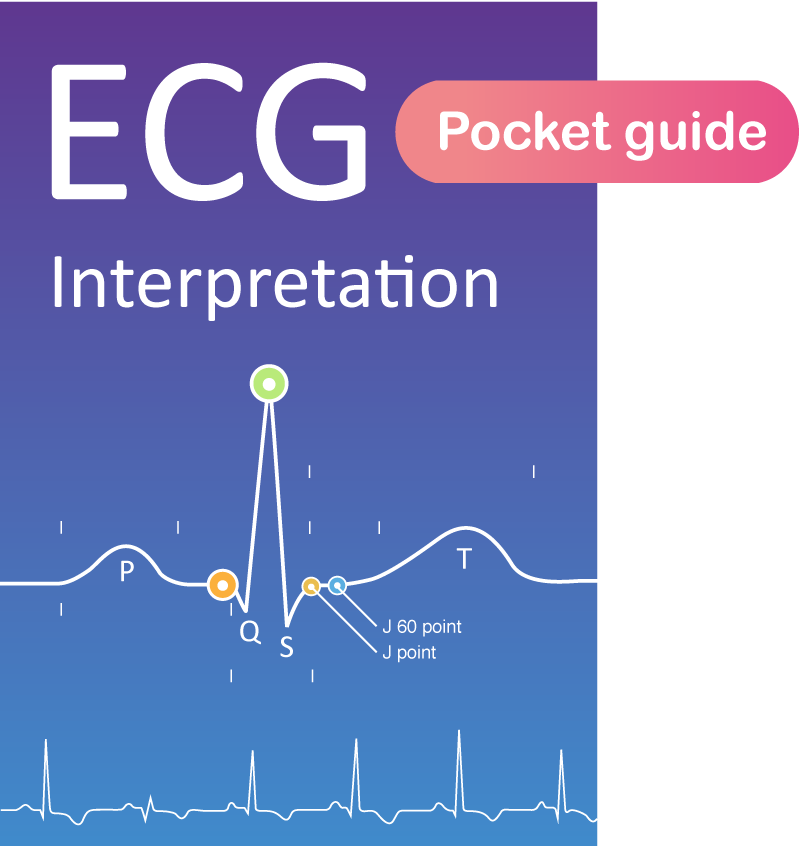Indications and contraindications for myocardial perfusion imaging
Section Progress
0% Complete
Indications for myocardial perfusion imaging
- Diagnosis of coronary artery disease (CAD): Myocardial perfusion imaging can confirm or rule out CAD in patients with symptoms suggestive of CAD.
- SPECT imaging is recommended as the initial study in patients with low to moderate risk of CAD.
- In patients with a high to very high risk of CAD, invasive coronary angiography is the first-line option.
- Coronary computerized tomography angiography (CCTA) is currently the first-line investigation for patients with low risk of CAD.
- Risk stratification: Myocardial perfusion imaging is valuable for assessing the risk of future cardiac events in patients with known CAD or after myocardial infarction.
- Assessing myocardial viability: Myocardial perfusion imaging can determine whether dysfunctional myocardium or myocardium supplied by a diseased vessel, is viable and could benefit from revascularization.
- Evaluating the success of revascularization: Myocardial perfusion imaging can assess effectiveness of procedures such as coronary artery bypass grafting (CABG) or percutaneous coronary intervention (PCI).
Contraindications for myocardial perfusion imaging
Exercise stress testing is contraindicated in patients with acute myocardial infarction, unstable angina, severe aortic stenosis, decompensated heart failure, and uncontrolled arrhythmias. Pharmacologic stress agents have specific contraindications:
- Adenosine, Dipyridamole, Regadenoson: Should be avoided in patients with active bronchospasm, severe hypotension, or high-degree AV block. Caffeine and other methylxanthines, which antagonize adenosine receptors, should be avoided for at least 12 hours before testing.
- Dobutamine: Contraindicated in patients with severe hypertension, unstable angina, and significant arrhythmias.
Absolute contraindications
- Acute myocardial infarction (MI) within 48 hours
- Ongoing unstable angina
- Uncontrolled cardiac arrhythmia with hemodynamic compromise
- Active endocarditis
- Symptomatic severe aortic stenosis
- Decompensated heart failure
- Acute pulmonary embolism, pulmonary infarction, or deep vein thrombosis
- Acute myocarditis or pericarditis
- Acute aortic dissection
- Physical disability that precludes safe and adequate testing
Relative contraindications
- Known obstructive left main coronary artery stenosis
- Moderate to severe aortic stenosis with uncertain relation to symptoms
- Tachyarrhythmias with uncontrolled ventricular rates
- Acquired advanced or complete heart block
- Hypertrophic obstructive cardiomyopathy with severe resting gradient
- Recent stroke or transient ischemic attack
- Mental impairment with limited ability to cooperate
- Resting hypertension with systolic or diastolic blood pressures >200/110 mmHg
- Uncorrected medical conditions, such as significant anemia, important electrolyte imbalance, and hyperthyroidism
- Systolic blood pressure <90 mmHg, with increased risk of hypotension in patients with autonomic dysfunction, hypovolemia, or severe coronary or valvular disease
- Recent (<48 hours) use of dipyridamole or dipyridamole-containing medications
- Ingestion of caffeinated foods or beverages within 12 hours prior to testing
